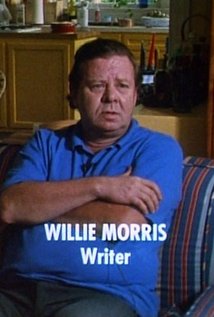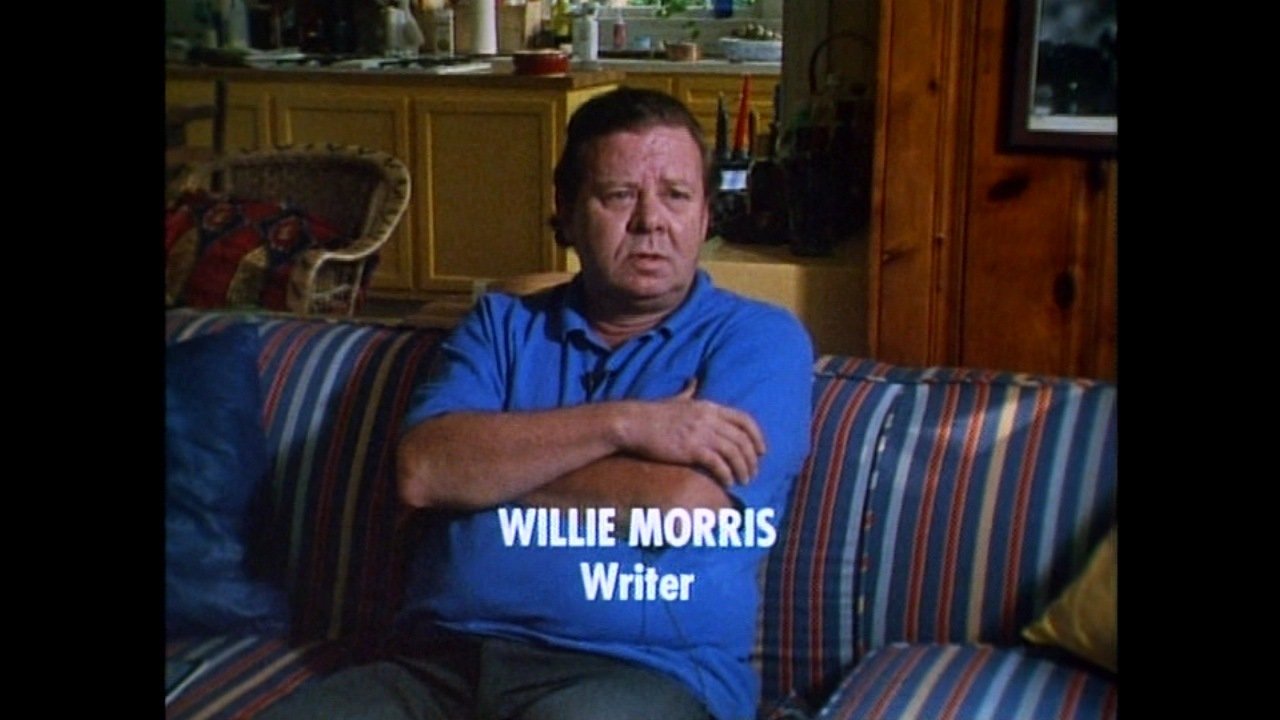Willie Morris was a versatile writer of both fiction and nonfiction, who often drew upon his experiences in the South to reflect on the controversial issues of his time. Born in Jackson, Mississippi, but raised in Yazoo City, about an hour's drive north, Willie Morris was born into a family of storytellers. After graduating from high school as...
Show more »
Willie Morris was a versatile writer of both fiction and nonfiction, who often drew upon his experiences in the South to reflect on the controversial issues of his time. Born in Jackson, Mississippi, but raised in Yazoo City, about an hour's drive north, Willie Morris was born into a family of storytellers. After graduating from high school as class valedictorian, he attended the University of Texas in Austin. During his senior year, Morris became editor of the Daily Texan, the school's newspaper, and soon drew the wrath of the University's Board of Regents for his biting attacks against racism, censorship, and the highly influential petroleum industry. Upon his graduation, Morris became a Rhodes Scholar, studying history at Oxford University.Upon his return to the United States, Morris became the editor of the Texas Observer, a crusading weekly newspaper. In 1963, he was named associate editor of Harper's, becoming their editor-in-chief four years later, just as his autobiography, North Toward Home was being published. The book became a national bestseller. At Harper's, Morris transformed the magazine by hiring several notable young writers including recent Pulitzer Prize winner David Halberstam as editors. He also attracted prominent contributing writers including Arthur Miller and Ralph Ellison, and Norman Mailer.In the wake of an editorial dispute with Harper's, Morris resigned in 1971. That same year, his book,Yazoo: Integration in a Deep-Southern Town, a look at forced public school desegregation in home town, was published as well as Good Old Boy, a children's novel. The latter was made into the film, Good Old Boy: A Delta Boyhood (1988) several years later. Morris go on to publish several volumes of fiction and nonfiction work for the remainder of his life.In 1980, Morris became a writer-in-residence at the University of Mississippi, where he encouraged several aspiring young writers. These included Donna Tartt and a young law student named John Grisham, who was working on a novel called, A Time to Kill (1996).After writing an article for New Choices for Retirement Living about the third trial of Byron de la Beckwith (the accused killer of prominent civil rights leader, Medgar Evers) , Morris convinced his friend Frederick Zollo to produce the film, Ghosts of Mississippi (1996). Morris would serve as a consultant on the film.His bestselling 1995 novel, My Dog Skip (2000), would be made into a film of the same name. Sadly, Morris would not live to see the completed film. He died August 2, 1999 as a result of a massive heart attack at the age of 64.
Show less «




